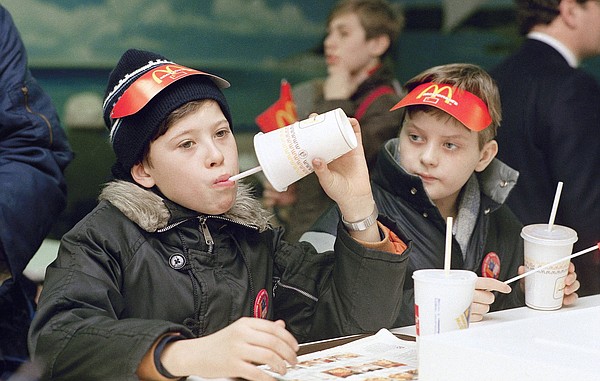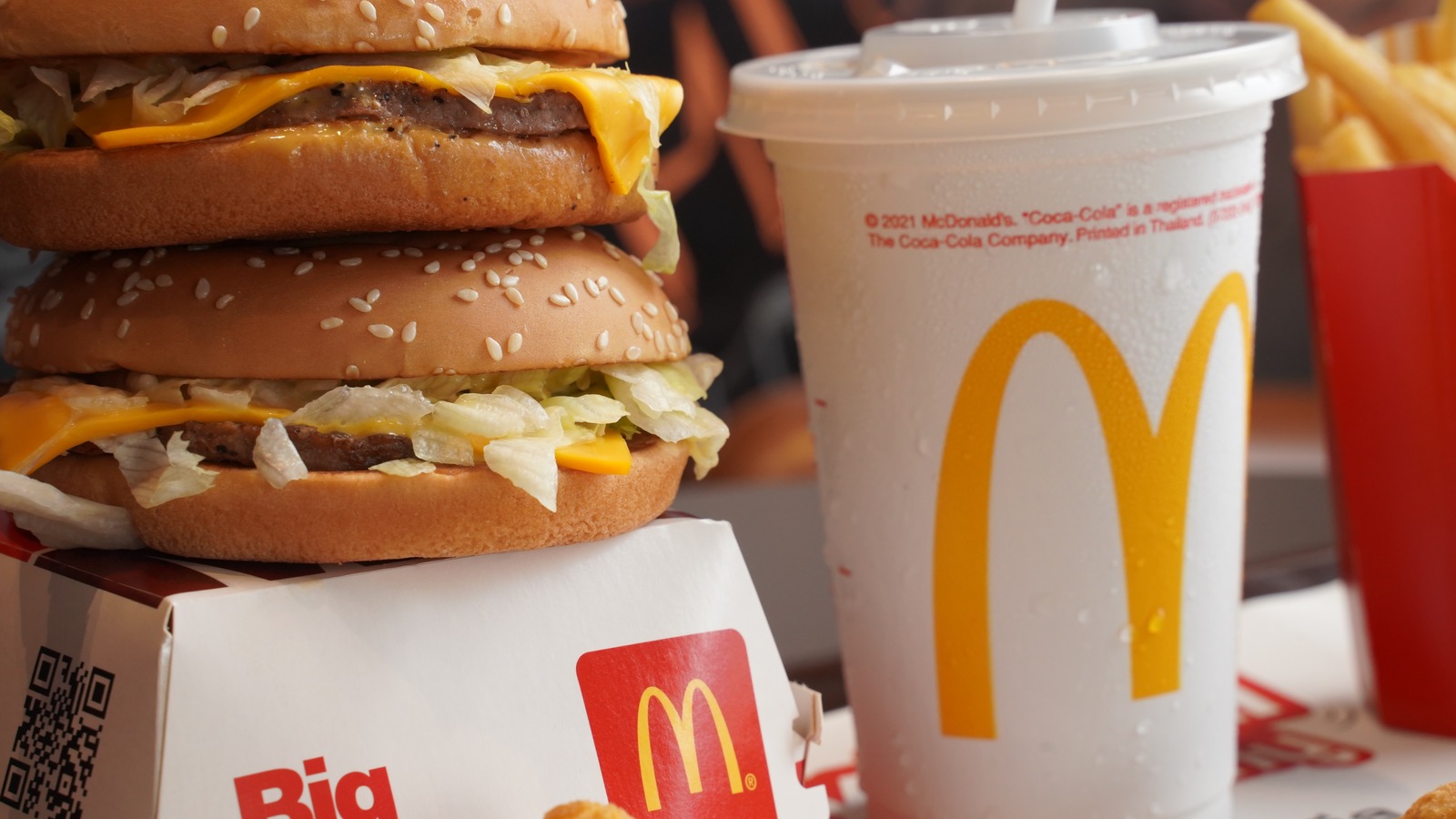McDonald’s is selling all of its restaurants in Russia 30 years after the burger chain became a powerful symbol of easing Cold War tensions between the United States and Soviet Union.
The company shuttered hundreds of locations in March after Russia invaded Ukraine, which has cost McDonald’s about $55 million per month. On Monday, McDonald’s announced it would sell those stores and leave Russia.
An existing McDonald’s licensee, Alexander Govor, who operates 25 restaurants in Siberia, has agreed to buy McDonald’s 850 Russian restaurants and operate them under a new name, the Chicago burger giant said Thursday.
McDonald’s did not disclose the terms of the sale. Last year, McDonald’s Russian operations contributed 9% of the company’s total annual sales, or around $2 billion.
McDonald’s was among the first Western consumer brands to enter Russia in 1990. Its large, gleaming store near Pushkin Square in Moscow, which opened shortly after the fall of the Berlin Wall, signaled a new era of optimism in the wake of the Cold War.
It’s the first time the company has “de-arched,” or exited a major market. It plans to start removing golden arches and other symbols and signs with the company’s name. McDonald’s said it will also will maintain its trademarks in Russia and take steps to enforce them if necessary.
The sale announced Thursday is subject to regulatory approval, but is expected to close within a few weeks, McDonald’s said.
Govor, a licensee since 2015, has also agreed to retain McDonald’s 62,000 Russian employees for at least two years on equivalent terms. Govor also agreed to pay the salaries of McDonald’s corporate employees until the sale closes.
Govor is also half-owner of Neftekhimservis, a construction investor that owns an oil refinery in Siberia. He is also on the board of directors of Inrusinvest, whose projects include a medical center and a Park Inn hotel in the Siberian city of Novokuznetsk.
It’s unclear if other U.S. chains will follow McDonald’s lead and leave Russia. McDonald’s owned 84% of its Russian stores, which gave it more control over operations than many of its rivals whose stores are owned by franchisees.
Starbucks’ 130 Russian stores have been closed since early March. Its franchisee in the country, Kuwait-based Alshaya Group, is continuing to pay its 2,000 Russian employees.
Papa John’s suspended corporate operations in Russia and is no longer accepting royalty payments from its 185 stores there. But the stores, which are owned by Colorado-based entrepreneur Christopher Wynne, remain open. A message was left Thursday with one of Wynne’s companies.
McDonald’s left open the possibility that it could one day return to Russia.
“It’s impossible to predict what the future may hold, but I choose to end my message with the same spirit that brought McDonald’s to Russia in the first place: hope,” CEO Chris Kempczinski wrote in a letter to employees. “Thus, let us not end by saying, ‘goodbye.’ Instead, let us say as they do in Russian: Until we meet again.”


/cloudfront-us-east-2.images.arcpublishing.com/reuters/KEFTAZX6YZIDRGSWWBS56AS4IA.jpg)


/cloudfront-us-east-1.images.arcpublishing.com/gray/ZVASKC7QUZGYBGFNSZLMQN7GCI.png)

